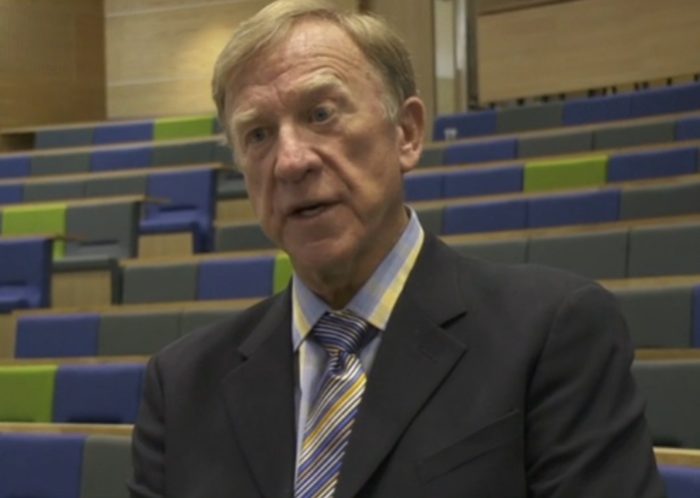
Image Credit: Ygrene Energy Fund
In many of the jurisdictions that implemented them, Property Assessed Clean Energy (PACE) programs for financing residential energy-efficiency retrofits were well subscribed.
Unfortunately, the programs’ popularity didn’t inoculate them against resistance from mortgage companies Fannie Mae and Freddie Mac. The mortgage lenders said they would decline to guarantee mortgages for homes with PACE liens because PACE loans are attached to program participants’ property tax bills and considered senior to mortgage loans. Too risky, Fannie and Freddie said. Baloney, said communities that had to halt their PACE programs because of the guarantors’ objections.
PACE proponents have gotten sympathetic hearings in many quarters. This summer, for example, three members of the House of Representatives — California Democrat Mike Thompson and Republicans Nan Hayworth of New York and Dan Lungren of California — teamed up to sponsor the PACE Assessment Protection Act of 2011, which specifies PACE lending criteria that are designed to address risk concerns. The bill has not yet come up for a vote.
PACE reconfigured
While PACE for residential retrofits awaits legislative rescue or a workaround (the ClimateSmart program in Boulder County, Colorado, is developing an alternative plan), a consortium of investors has been set up to finance PACE programs for commercial-building retrofits in the Miami and Sacramento areas. The consortium leader, Ygrene Energy Fund, founded in 2009 and based in Santa Rosa, California, is administering and marketing the program and managing contractor training.
The consortium was established by the Carbon War Room, a project created by billionaire Richard Branson to develop entrepreneurial approaches to carbon reduction in business and transportation. Ygrene, which has a five-year exclusive contract to represent the consortium, will work with city and county officials to identify buildings that are candidates for retrofit. Another partner in the consortium, Lockheed Martin, is expected to do the engineering work on large projects, according to a story recently published by the New York Times. Barclays Capital will provide short-term funding, with loan rates at about 7%; the loans will then be bundled into long-term bonds, which Barclays will market.
As has been the case for residential PACE programs, the success of these commercial-property variants is contingent on the potential for the retrofits to reduce energy costs enough to cover the loan payments. Contractors will be required to guarantee both their work and the utility savings the work is expected to yield. Those warranties will be backed by insurance underwriter Energi Insurance Services, which in turn will be covered by reinsurer Hannover Re.
Ygrene will be responsible for vetting the contractors as well as ensuring they’re properly trained. If those issues are properly addressed, insurance claims should be few and far between.
Weekly Newsletter
Get building science and energy efficiency advice, plus special offers, in your inbox.












0 Comments
Log in or create an account to post a comment.
Sign up Log in